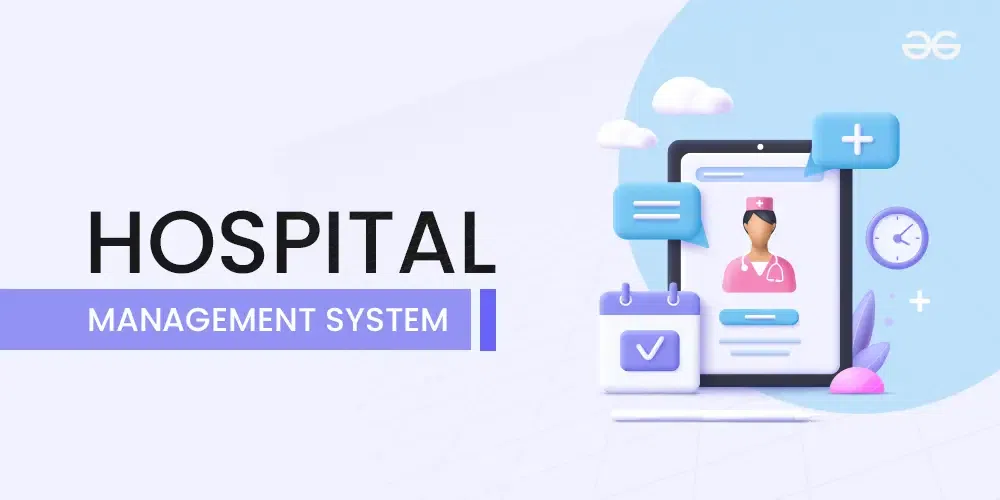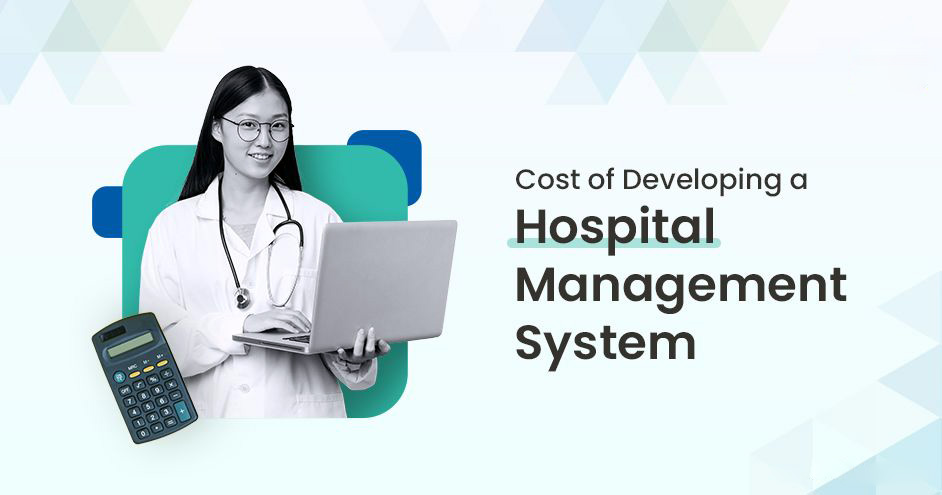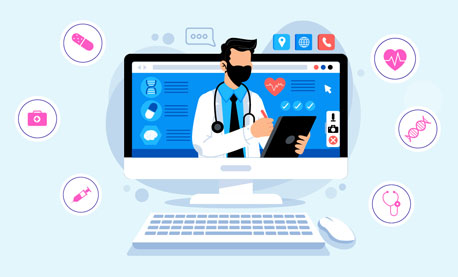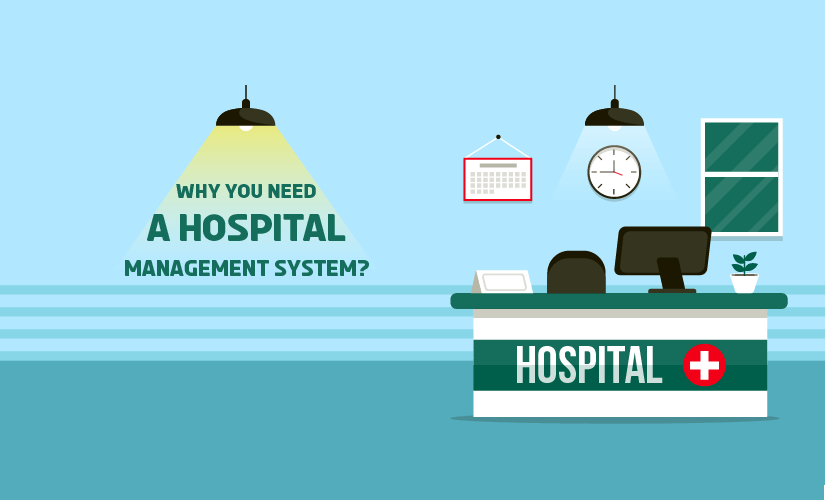The healthcare industry is evolving at a rapid pace, and with that evolution comes the need for efficient administrative systems. Managing patient data, scheduling appointments, handling billing, and ensuring regulatory compliance are just a few of the many tasks that healthcare providers juggle daily. This is where a Hospital Management System becomes indispensable. In this blog post, we’ll explore what hospital management software is, its benefits, and how the Best Hospital Management Software can streamline operations, particularly in Bangladesh.

What is a Hospital Management System (HMS)?
A Hospital Management System (HMS) is a digital solution designed to manage various aspects of hospital operations. It handles everything from patient admission, appointment scheduling, billing, and medical record management to staff scheduling and regulatory compliance. The system aims to provide a centralized platform to manage the administrative and clinical operations of a healthcare facility efficiently.
The best hospital management software offers modules and features that can be customized to fit the specific needs of a hospital or clinic, making it a versatile solution for healthcare management.
Why is Hospital Management Software Important?
In a healthcare setting, accuracy and efficiency are crucial. Delays or errors in scheduling, patient records, or billing can have severe consequences. Here are a few reasons why HMS is essential for modern healthcare facilities:
- Streamlined Operations: Managing multiple departments manually can be challenging. An HMS automates tasks such as patient management, inventory control, billing, and more, leading to more streamlined operations.
- Improved Patient Care: With digital systems in place, healthcare providers can access patient records and medical histories quickly, ensuring that treatment decisions are made based on accurate and up-to-date information.
- Time and Cost Efficiency: Automating administrative tasks such as appointment scheduling and billing frees up staff time, allowing them to focus on patient care. It also reduces operational costs by eliminating paper-based systems.
- Regulatory Compliance: Healthcare facilities must comply with numerous regulations regarding patient data privacy and care standards. Hospital management software helps ensure that the hospital adheres to these rules by providing accurate, secure records.
- Data-Driven Decisions: The HMS provides analytics tools that help administrators monitor the performance of the hospital, patient outcomes, and financial data. These insights enable data-driven decisions to improve efficiency and patient care.
Features of the Best Hospital Management Software
When considering the Best Hospital Management, it’s essential to look for specific features that will make hospital administration easier and more efficient. Below are some of the most crucial features to consider:
- Patient Management:
- Patient registration
- Appointment scheduling
- Medical history tracking
- Discharge summaries and follow-up schedules
- Billing and Financial Management:
- Automated billing processes
- Insurance claims management
- Payment tracking
- Financial reporting and analytics
- Inventory and Pharmacy Management:
- Stock management for medical supplies and medications
- Automated reordering systems
- Pharmacy integration for easy prescription management
- Electronic Medical Records (EMR):
- Secure storage of patient records
- Easy retrieval of past medical history
- Integration with lab results and diagnostic images
- Staff and HR Management:
- Employee scheduling
- Payroll management
- Performance tracking and reporting
- Compliance and Security:
- Data encryption to protect patient information
- Role-based access to sensitive data
- Compliance with healthcare regulations like HIPAA (Health Insurance Portability and Accountability Act)
- Customizable Modules:
- The best hospital management software should offer customizable modules to fit the specific needs of different departments within the hospital.
Hospital Management Software in Bangladesh: The Growing Need
The healthcare landscape in Bangladesh has undergone significant changes in recent years, with a growing number of private hospitals and clinics emerging to meet the healthcare needs of the population. Managing these facilities efficiently has become increasingly challenging, which is why there is a growing demand for Hospital Management Software in Bangladesh.
Several hospitals in Bangladesh are still using outdated, manual processes to manage their operations. These methods are prone to errors, time-consuming, and can lead to inefficiencies in patient care and hospital management. By adopting the Best HMS in Bangladesh, healthcare providers can overcome these challenges and deliver better patient care.

Benefits of Using Hospital Management Software in Bangladesh
For hospitals in Bangladesh, using hospital management software offers several advantages:
- Enhanced Patient Care: With a hospital management system, healthcare providers can easily access a patient’s complete medical history, ensuring that care is personalized and efficient. The software also allows for faster decision-making in critical situations.
- Efficient Resource Management: Managing medical supplies, equipment, and staff resources becomes easier with an automated system. The software provides insights into resource utilization, ensuring that the hospital never runs out of essential items or is understaffed.
- Better Financial Control: The Best Hospital Management Software automates billing and insurance claim processing, which reduces the likelihood of errors. This results in faster payments, more accurate financial reporting, and better overall financial control for the hospital.
- Compliance with Local Regulations: Healthcare facilities in Bangladesh must adhere to certain regulatory standards. Hospital management software helps ensure that the hospital complies with these rules, including maintaining accurate records and patient confidentiality.
- Improved Communication: An HMS allows for better communication between departments and healthcare professionals. Information can be shared seamlessly between doctors, nurses, and administrative staff, leading to improved coordination and patient outcomes.
- Scalability: As hospitals grow, so do their administrative needs. The best hospital management software offers scalability, meaning it can grow with the facility, adding new features or modules as required.
Best Hospital Management Software in Bangladesh: What to Look For
When choosing the Best Hospital Management Software in Bangladesh, it’s essential to consider the unique challenges and requirements of the local healthcare landscape. Here are a few factors to keep in mind:
- Localization: The software should be customizable to accommodate the specific needs of hospitals in Bangladesh, including local languages and compliance with local healthcare regulations.
- Ease of Use: Healthcare providers often have limited time to spend on administrative tasks. The software should be easy to use, with intuitive interfaces that require minimal training.
- Customer Support: Technical support should be readily available, especially for hospitals in Bangladesh that may not have dedicated IT staff. Look for software providers that offer 24/7 customer support.
- Cost: While the benefits of hospital management software are clear, cost is always a consideration. The software should provide excellent value for money, offering all the necessary features at a competitive price.
- Cloud-Based Solutions: Cloud-based software allows for remote access and updates, which is especially beneficial for hospitals with multiple locations or those looking to reduce IT infrastructure costs.
Conclusion
By choosing the Best Software in Bangladesh, GCTL INFOSYS providers can better manage their resources, deliver high-quality care, and meet the growing healthcare needs of the population. Whether you’re running a small clinic or a large hospital, investing in hospital management software is a step toward modernizing your facility and providing the best possible care to your patients.
4o




